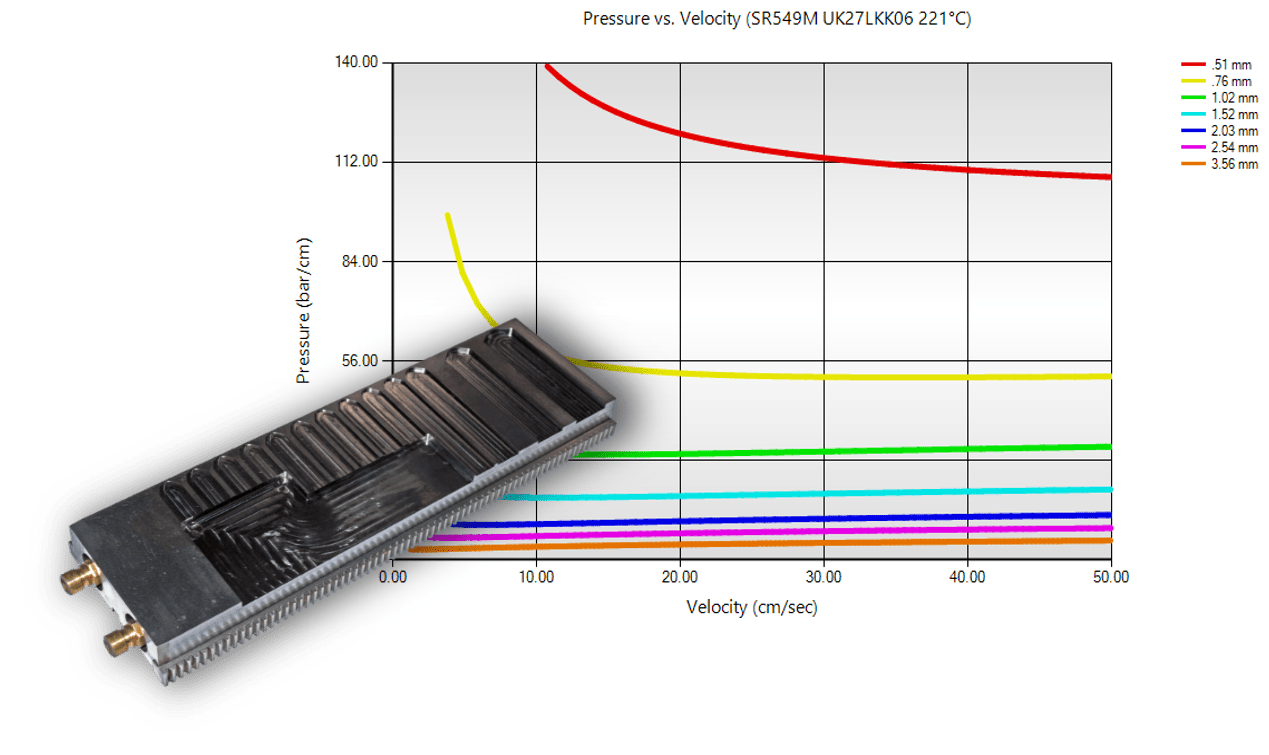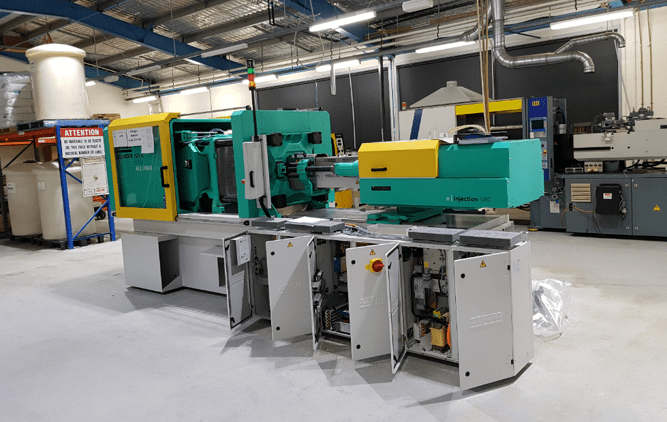Rheology and material solutions
Material Data Service
Increase simulation prediction accuracy with up-to-date and complete material data cards
Event though Moldflow and Fusion 360 already work with the largest material data base of more than 12.000 materials, the most accurate results can only be achieved with high quality material cards.
With a specific material characterization, you as a user can achieve a higher accuracy in the simulation prediction of the manufacturability of the component design, the process design and the component performance. With a more accurate simulation prediction, part quality increases and time to market decreases.
We primarily use the Beaumont Advanced Processing Lab, the official Autodesk partner material laboratory in the USA, to determine specific material data and create Moldflow data sets for existing material data. Material testing includes both specialized Autodesk methods and conventional material characterization techniques. Through direct contact and constant exchange of information with the test labs, you will receive advice specifically tailored to Autodesk Moldflow to achieve “Gold” status for your material data.

Other customer-specific laboratories are available on request.
MeltFlipper®
The optimization tool for cold runner gating systems to avoid shear-induced unbalanced filling and the resulting effects on the parts.
Particularly with thin-walled components and high injection speeds, strong shearing of the melt occurs in areas of the gate system close to the wall. In the case of multiple cavities, this leads to an asymmetrical viscosity distribution over the channel cross-section at each branch of the gate and thus to unbalanced filling of the cavities. Thus, an even holding pressure supply is no longer guaranteed and phenomena such as different warpage, different strength of weld lines, optical defects or even short shots occur.
By optimizing the design of the runner system with the help of MeltFlipper technology, a symmetrical distribution of the viscosity over the channel cross-section can be achieved again by case-specific rotation of the melt at branches.
Therma-flo™
Therma-flo is the first measuring method to characterize a flowing polymer melt in the injection molding process.
For many applications classical rheometer measurements are performed for the rheological characterization of polymers. From this, for example, an MFI value is derived which allows a statement to be made about the flowability of the polymer melt. However, these rheometer measurements are more comparable to an extrusion process than to an injection molding process. A statement on the material behaviour during injection moulding can therefore only be derived to a limited extent. For example, classical rheometer measurements do not take into account the influence of the plasticizing unit, the interaction between mould temperatures and the melt, the wall thickness of the component and finally the pressure-dependent viscosity.




